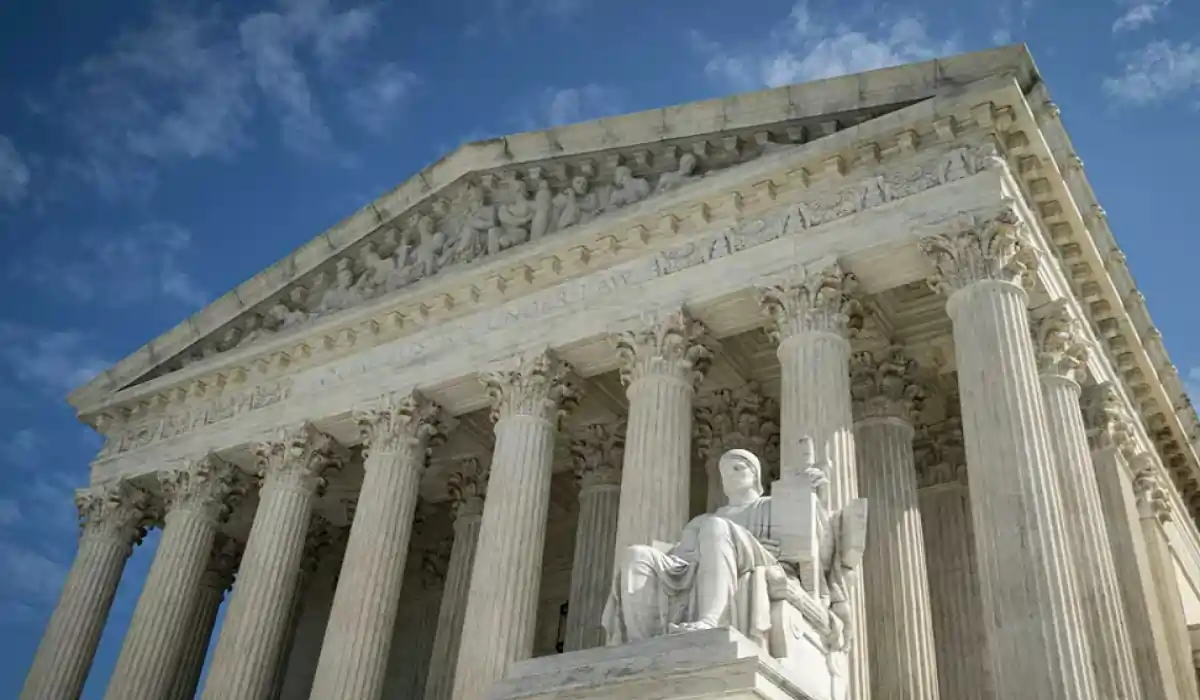Supreme Court upholds Biden’s “ghost gun” regulations
The Supreme Court reversed a lower court’s decision blocking a regulation against “ghost guns”; the decision by the high court justices will allow the Biden Administration to continue its strategy against gun violence.
In a close 5-4 vote, the Supreme Court upheld the regulation of so-called “ghost guns,” a policy priority of President Joe Biden.
Chief Justice John Roberts, Chief Justice Amy Coney Barrett, the conservative justice, and three other liberals on the Court, succeeded in freezing a lower court’s order barring the government from regulating so-called “ghost guns.”
According to federal law, these types of devices are untraceable, like firearms, because they are purchased on online marketplaces as assembly kits without serial numbers, and the manufacturer does not require the purchaser to check their background.
In addition, the companies that sell them do not provide transfer records, which makes them difficult to trace, a feature that is attractive to criminal groups that acquire them to violate the law, as well as to individuals with legal restrictions to buy firearms.
Thus, although Justices Clarence Thomas, Samuel Alito, Neil Gorsuch and Brett Kavanaugh voted against the proposal, the majority view of the Supreme Court prevailed.
In order for the government to be able to track these types of kids, last year, the Bureau of Alcohol, Tobacco, Firearms and Explosives updated its regulations and redefined their concept by giving them a firearms connotation.
Although it is clear that no person is prohibited from acquiring or possessing a phantom gun kit, but those who possess them are required to comply with federal laws that impose conditions on the marketing of firearms.
In this sense, it was intended that the manufacturers and traders of phantom kits must mark them with serial numbers and must also keep a record of their products so that the authorities can trace them at a certain time when they are linked to some type of crime.
Reed O’Connor, a judge of the U.S. District Court for the Northern District of Texas, found that the authorities had gone too far in enacting the rule and blocked it nationwide.
A federal appeals court then refused to stay two key challenged provisions of the regulation, despite arguments from Elizabeth Prelogar, who, as attorney general, warned of an increase in crimes related to so-called phantom weapons.
Manufacturers of these types of assembly gun kits were required to mark them with a serial number for record keeping and marketers were required to check the background of those who purchase them.

